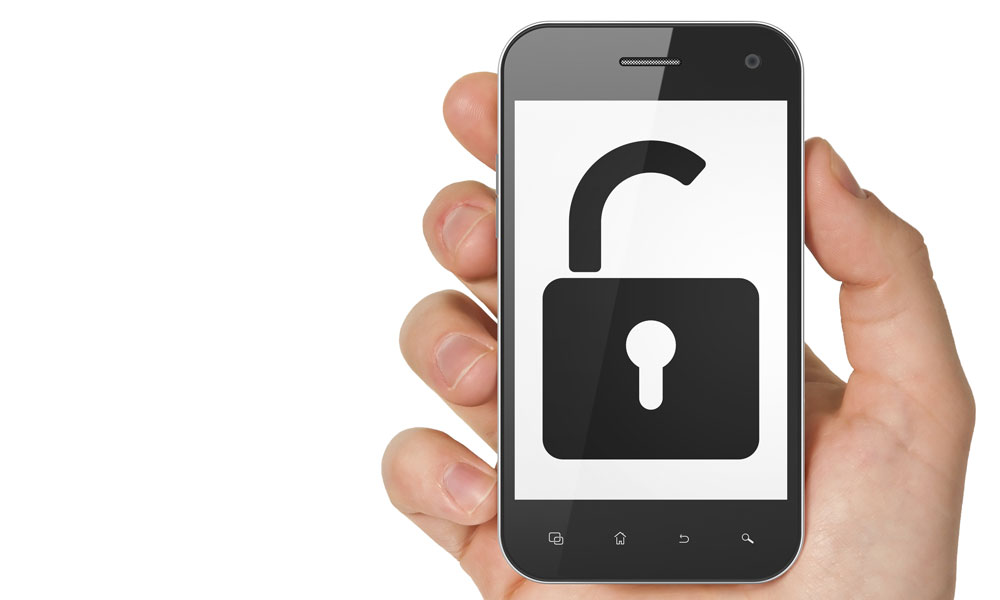
CTIA, FCC Score Deal on Cellphone Unlocking
It took CTIA: The Wireless Association a while—and some prodding—to create a voluntary policy on allowing consumers to unlock their phones, but it released one on Thursday. That doesn't mean tech enthusiasts are happy with the results.
It took CTIA: The Wireless Association a while—and some prodding—to create a voluntary policy on allowing consumers to unlock their phones, but it released one on Thursday. That doesn’t mean tech enthusiasts are happy with the results.
The extra push worked.
About a month after Federal Communications Commission (FCC) Chairman Tom Wheeler, a former president and CEO of CTIA: The Wireless Association, sent a letter to the association asking it to create a voluntary process for cellphone unlocking—or face his agency’s intervention—the influential wireless group announced its proposal on Thursday.
“We believe this agreement will continue to foster the world-leading range of devices and offerings that Americans enjoy today,” current CTIA President and CEO Steve Largent said in a statement. “The robust and differentiated technological ecosystem has brought unparalleled and world-leading benefits to American wireless users, in the form of high-end and affordable devices, [postpaid] and prepaid options, and with the world’s most advanced devices being launched first in the United States.”
How It Will Work
CTIA members will follow a six-step guideline [PDF] for the unlocking process:
- Carriers will disclose their policies on phone unlocking for prepaid and postpaid devices.
- After a postpaid device’s contract has been fulfilled by an customer, the provider will offer the information needed to unlock the device upon request. If the contract hasn’t been fulfilled, customers could need to pay an early-termination fee.
- One year after a prepaid device’s initial activation, carriers will unlock the device upon user request after payment and usage requirements have been met.
- Carriers will either notify customers when devices are eligible for unlocking or unlock them remotely at the time without charging extra fees. Noncustomers or consumers who didn’t have a relationship with the provider, however, may be charged a fee for such a service. For prepaid customers, notification could come at the time of purchase or via a “clear and concise” statement of policy on the carrier’s website.
- Within two business days of getting a request, carriers will either unlock the devices or send an explanation stating why the request was denied.
- Members of the military who are in good standing with the provider will have their devices unlocked upon deployment.
Once the unlocking guidelines have been officially adopted into the CTIA’s Consumer Code for Wireless Service, the association’s statement said, carriers would have to implement these standards within a year.
The principles are similar to suggested standards the FCC chairman laid out in his November letter to the CTIA, but his proposal didn’t make distinctions between policies for prepaid and postpaid devices or suggest that noncustomers would have to pay for unlocking devices. Wheeler said at the time that the notification process was the sticking point in the negotiations between his agency and CTIA over the unlocking amendment to the Consumer Code.
Critical Reactions
Not everyone is happy with the voluntary guidelines. Writers for media outlets including The Washington Post and The Los Angeles Times argue that the unlocking policy is on the carriers’ terms and doesn’t go far enough.
One wireless enthusiast site, Android Police, didn’t mince words: “[T]he CTIA has no interest in giving you that much freedom,” blogger David Ruddock wrote, “so instead it’s released a plodding, incremental evolution of most carriers’ existing device unlock policies to satisfy people in Washington who apparently don’t really understand the absurdity of network locking in the first place.”
(iStock/Thinkstock)






Comments